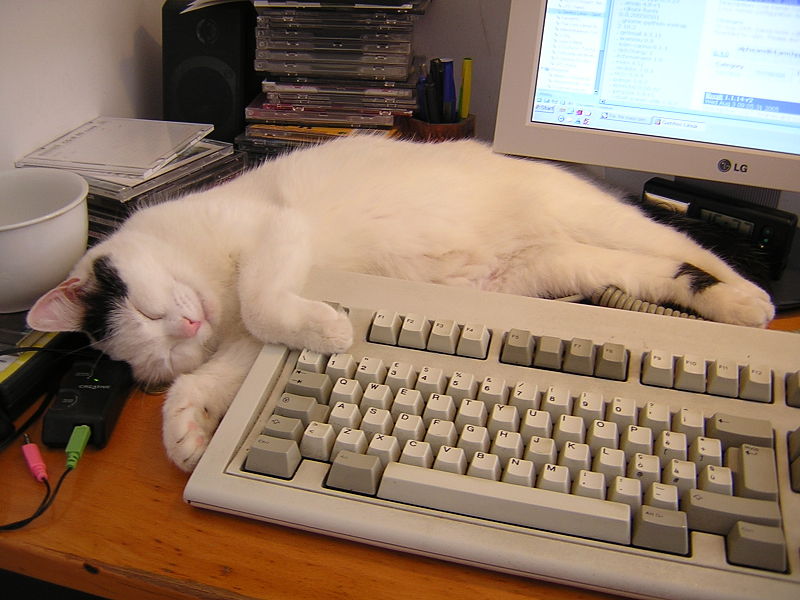So, since forgetting everything was the order of the day, it seems I forgot the blog too. To make up for it, I'm including both topics in one blog.
Reducing 300 pages to 3.
 |
| MoodBar |
I had always looked at it like condensing, but that's not it. You have to look at it like telling a story to a friend.
Say you were on your way to work and got into an accident with a hunky guy who then asked to buy you coffee to make up for it.
There's the novel -- the sleepover version, where you spend hours talking about it as you do your nails and give each other facials.
In this version, you can go into exactly how blue his eyes were and whether or not the coffee thing was a date, or just repentance.
There's the synopsis. -- the campfire version, where you have some time to tell the tale, but it has to be short and pithy, or you'll lose your audience.
 |
| David/daviddb |
There's the blurb. -- the facebook version, where you want to relate a story to your friends on facebook. Most will keep reading for a few paragraphs, but after that you've lost them to farmville.
In this version, you give the most important parts of the accident and the aftermath, making the story sound exciting without going into great detail about anything.
There's the elevator pitch. -- the excuse to the boss version, where you have to explain yourself quickly, but thoroughly.
In this version, you tell your boss the bare bones. You might even leave out the coffee afterwards. It's one or two lines, pure and simple. Something akin to, "Sorry I'm late boss, but this guy in a Jag ran a red light and plowed into me."
For Terminator, to give another example, it might be, "Sarah Connor's life is changed forever when she's ambushed by a man claiming to be from the future and an evil robot in a human disguise."
Once I started looking at the task of the synopsis, blurb, pitch, etc... as separate stories, the way to tell them became clearer and easier.
On to the blurb --
I thought it would be nice--since we discovered how to write a blurb and then actively rewrote my old blurb--for me to share how things are going. I was surprised to find a great deal of interest based on the new blurb.
- I think including the eye catching headers helped.
I remember being at a hands-on workshop on querying at my first convention. One of the editors said she'd been pitched once that King George IV wore pink tights, and that was the one thing she remembered from the pitch. The motto for the workshop became "show us the pink tights." My headers were pieces of my pink tights, and including them drew attention to them.
- I think keeping it shorter helped.
 |
| Kormoran |
Agents don't have a lot of time. You want to pull them in, not bore them into taking a cat nap. We writers want to catch their attention before they get a chance to reject us, or take that nap. I think a shorter query blurb is a great way to insure only the most eye catching parts of the main plot are included in the query. I've decided to aim for less than 200 words from now on. (For the blurb portion, not the whole query.)
- I think trying to include my voice helped.
The first line of my synopsis used to be.
The Duke of Addiston informs Emilia she will no longer be a chambermaid. She will pass personal messages within a club.
Now it's.
The late 18th century witnessed the birth of secret societies like the Illuminati, the Ancient Order of Foresters, and the Lords of Mann. A chilly October evening in 1795, England marked Emilia Marley's descent into this world of debauchery.
Personally, I think the second one is not only more interesting, but it showcases my voice better, and also introduces not only the book, but the entire series.
- And I hope it helped you too.
Feel free to share experiences or advice. I'd love either.
Good luck and good querying.

Great post, Robin! I find the synopsis one of the hardest things to write. (Okay....maybe the hardest thing to write.) I love this analogy and am totally using the next time I have to write/revise a synopsis.
ReplyDeleteI'm glad I was able to help. Happy writing.
ReplyDelete